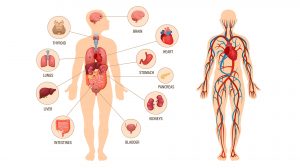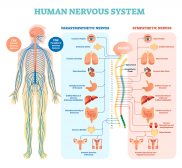Definition
noun, plural: dependent variables
(mathematical modeling) The variable in a functional relation whose value is dependent upon, or influenced by, an independent variable
(experimental sciences, statistics) The variable whose value is measured to determine the extent of the effect of another variable to it, as in an experiment; a factor whose value changes when the independent variable is changed
Supplement
The dependent variable, as the name implies, is the variable that depends and therefore affected by certain variables, in particular, by the independent variable(s). In comparison, the independent variable is the variable that determines the value of the variable dependent on it. In experimental sciences, the independent variable is the factor being manipulated or controlled by an experimenter and then the value of the dependent variable is measured. The value of the dependent variable would represent the extent of the effect of the independent variable. For example, an experiment is designed to see if a newly developed drug is effective in treating patients with cough. Some of the patients were given the drug while others the placebo. To determine if the drug is effective, the recovery of patients taking the drug is monitored and compared against that of the patients taking the placebo. If the patients taking the drug are able to recover faster than the patients taking the placebo, it could mean that the drug is effective against cough. If patients taking the drug and the placebo have the same rate of recovery, the drug may not be an effective treatment for cough.
In this case, the dependent variable is the rate of recovery in patients with cough.
Synonym(s):
- experimental variable
- explained variable
- outcome variable
- measured variable
- observed variable
- output variable
- regressand
- responding variable
- response variable
Compare:







